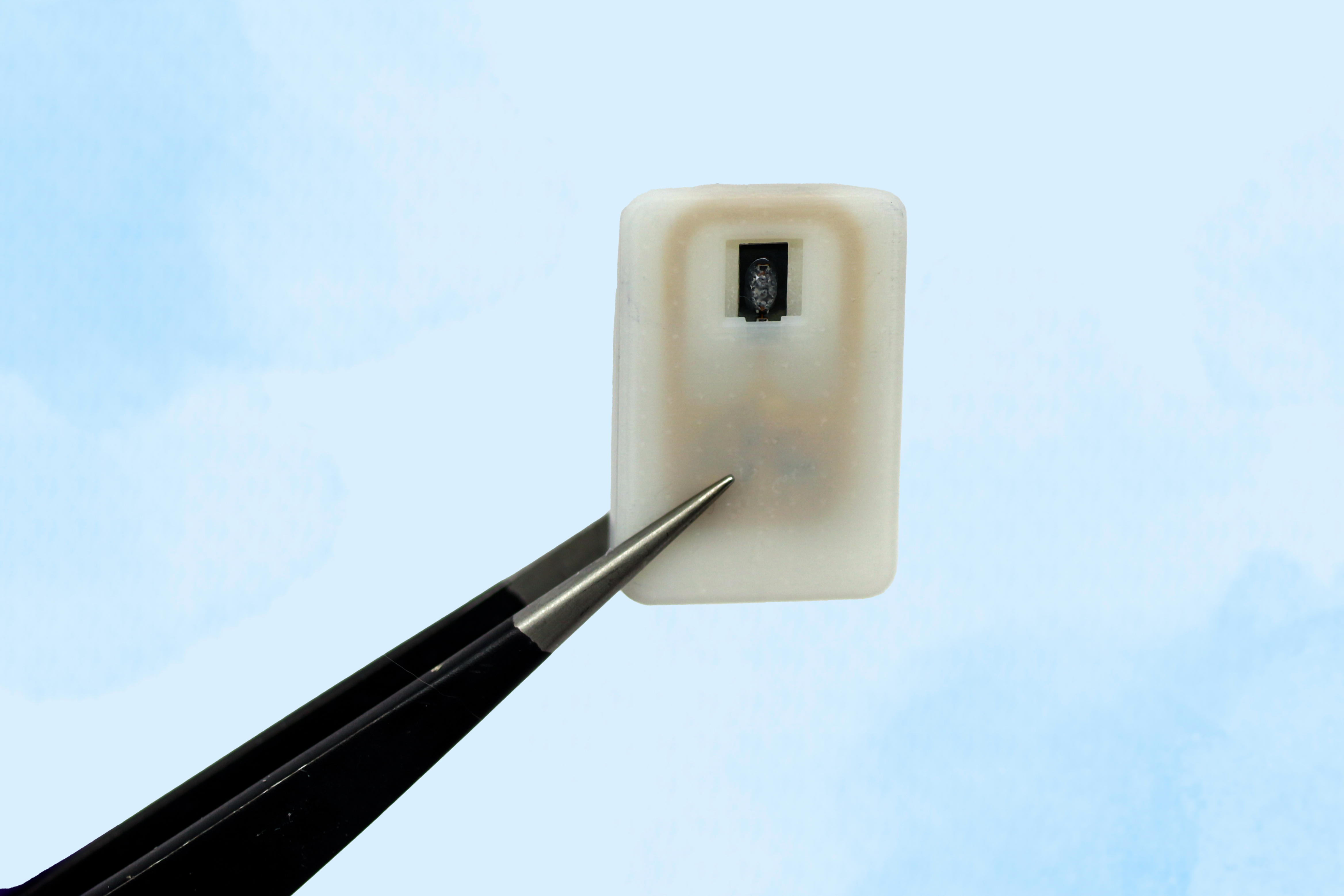Lisa65
Well-Known Member
- Relationship to Diabetes
- Type 2
Sounds good in principle, but if it was linked to CGM what's to stop it firing off if you got a compression low or a failed sensor giving false low readings.

 news.mit.edu
news.mit.edu

Implantable device could save diabetes patients from dangerously low blood sugar
MIT engineers developed an implantable reservoir that can remain under the skin and be triggered to release glucagon when people with diabetes are in danger of becoming hypoglycemic.
